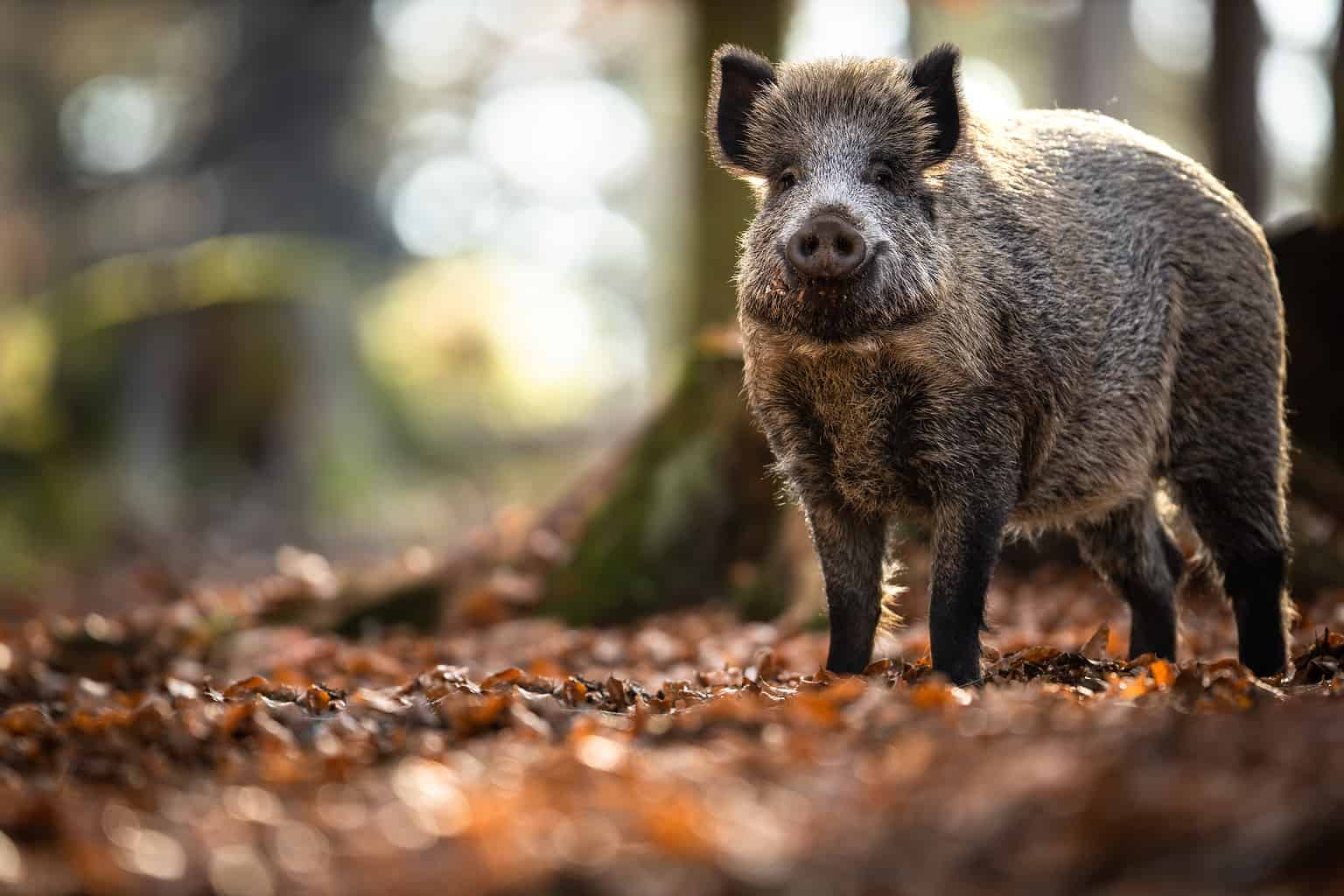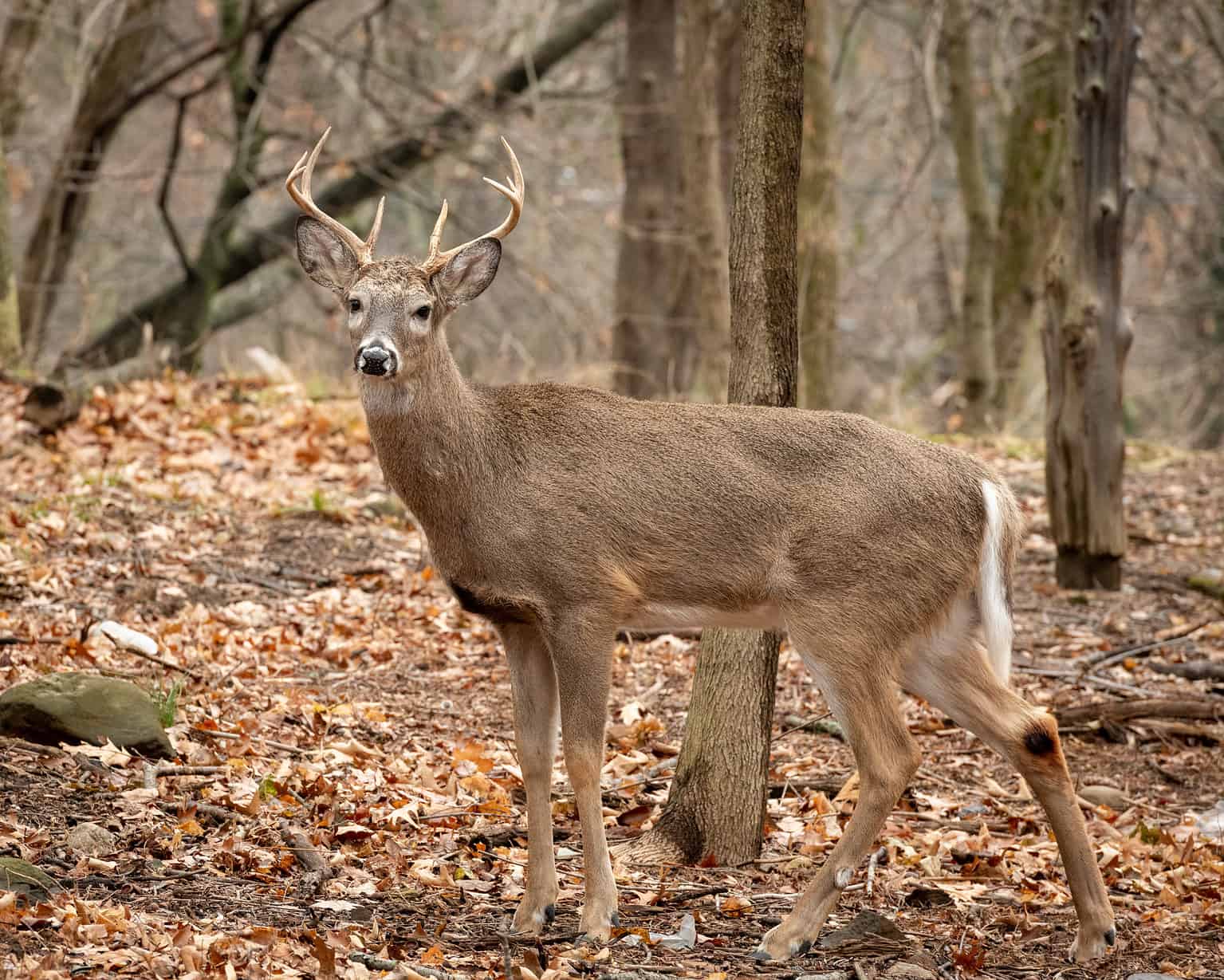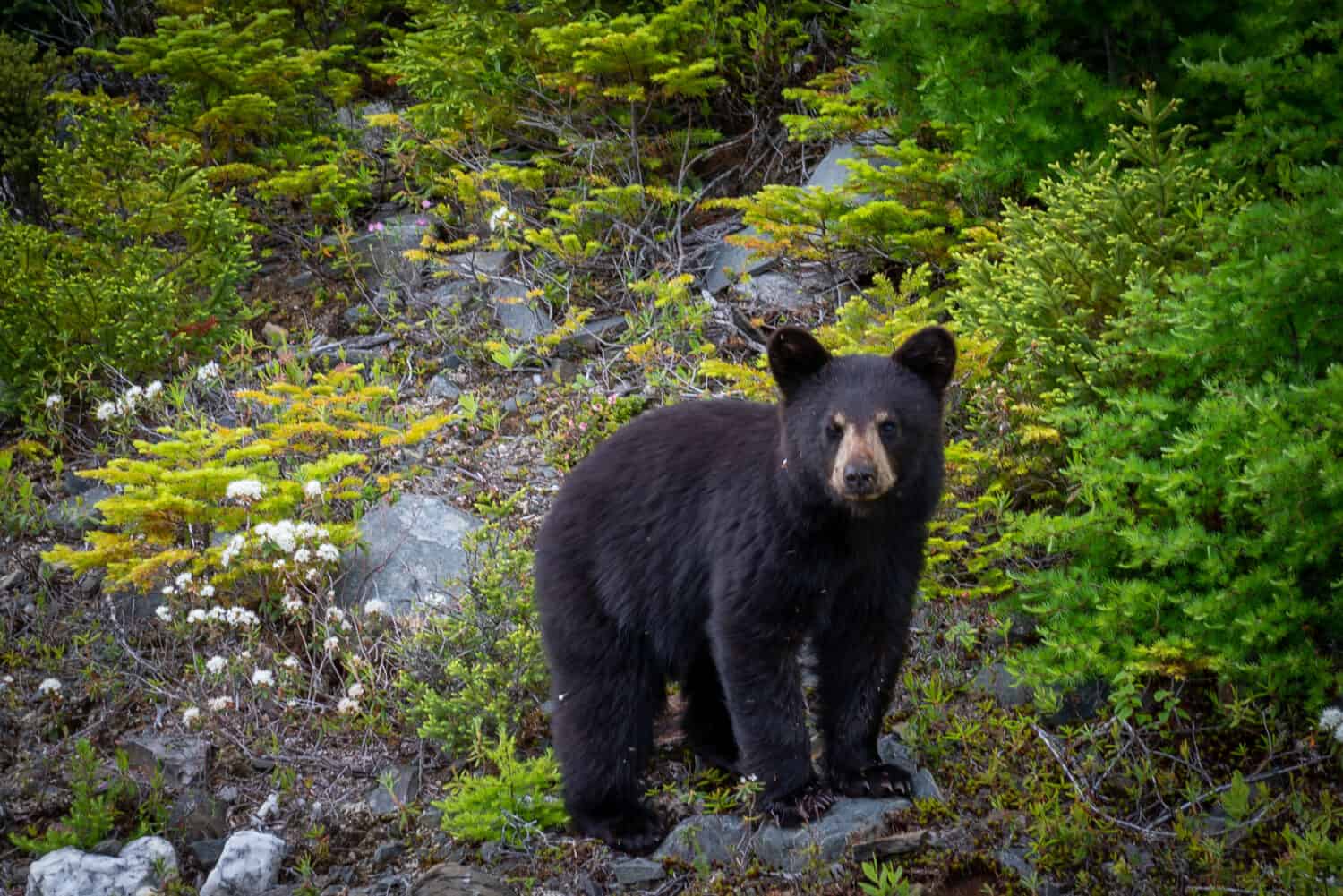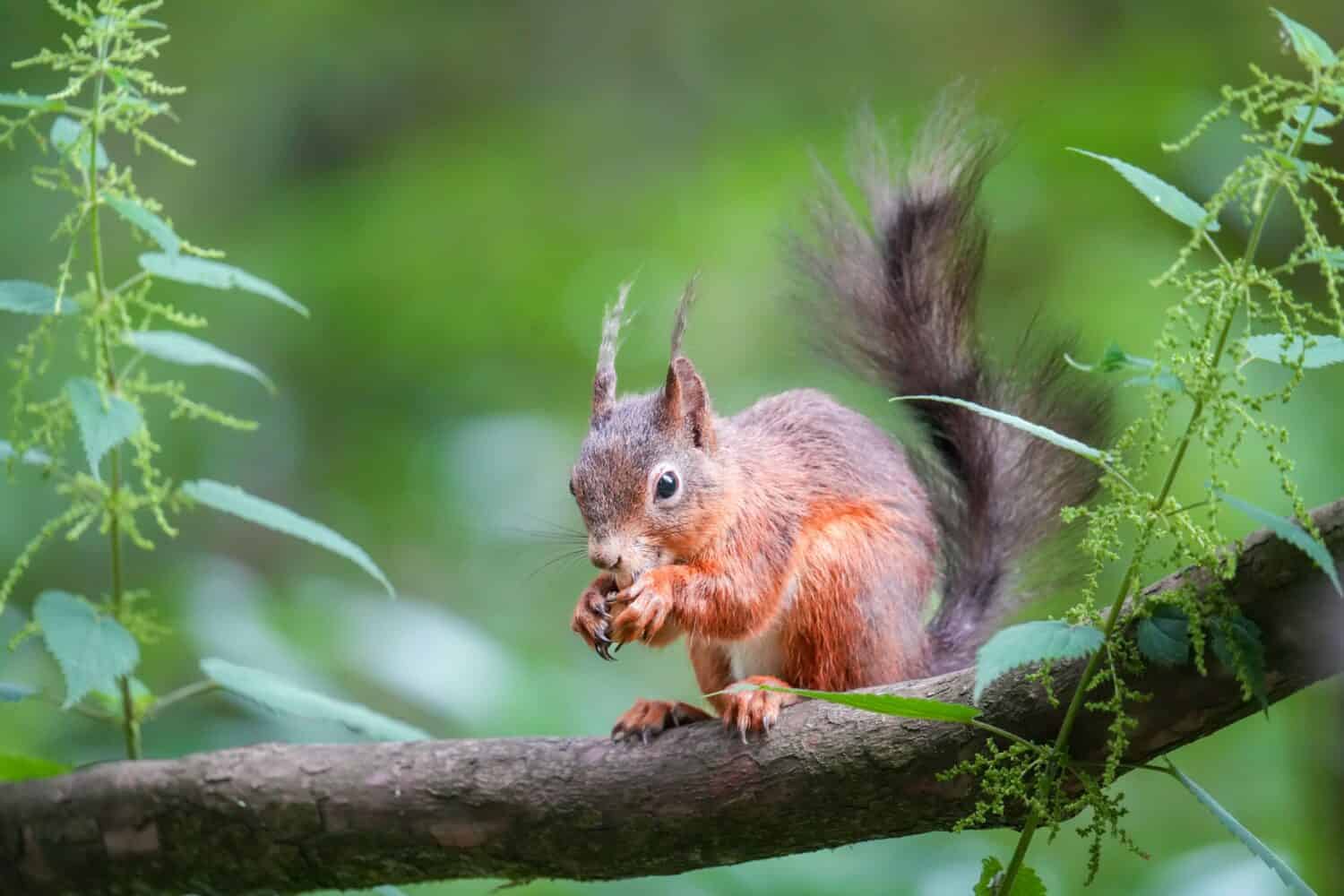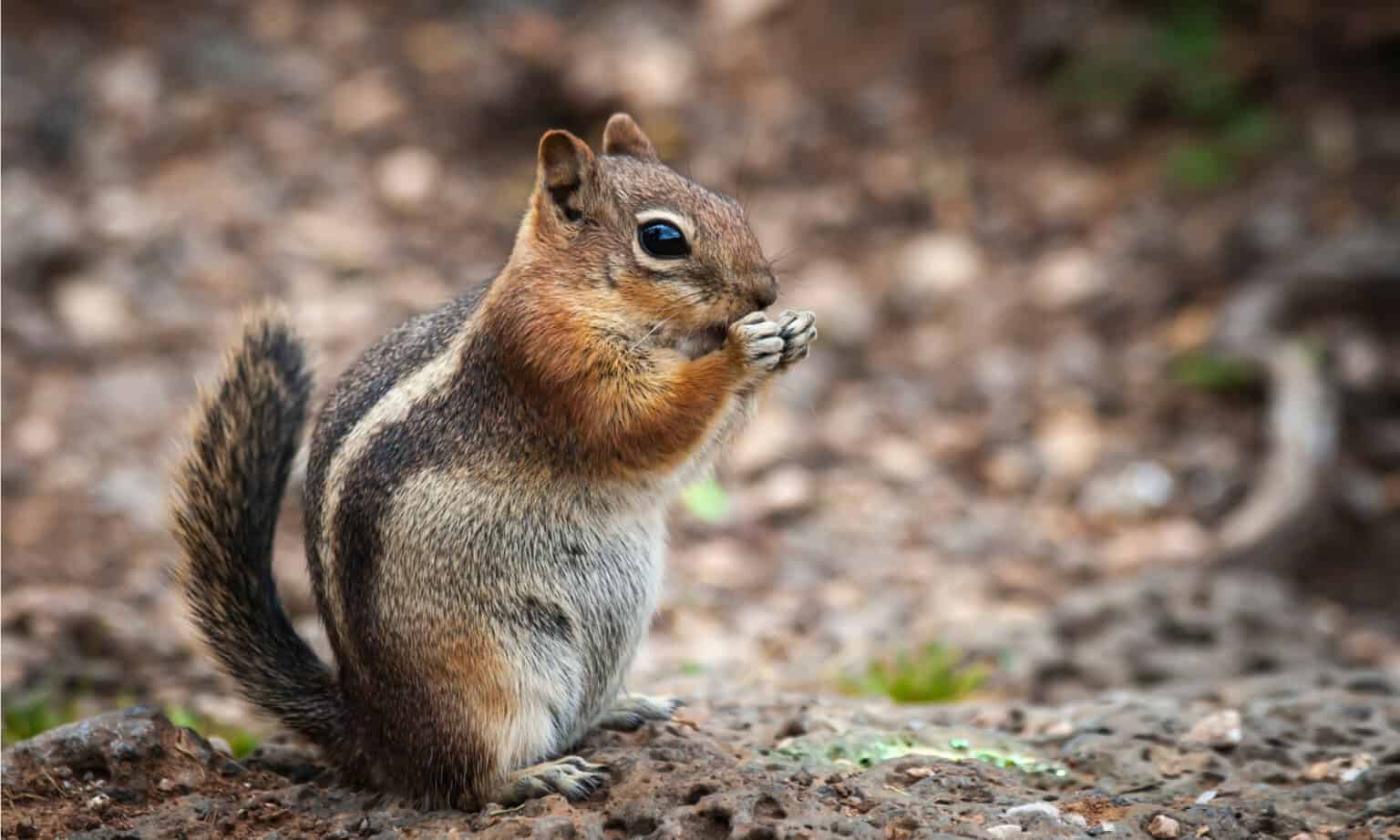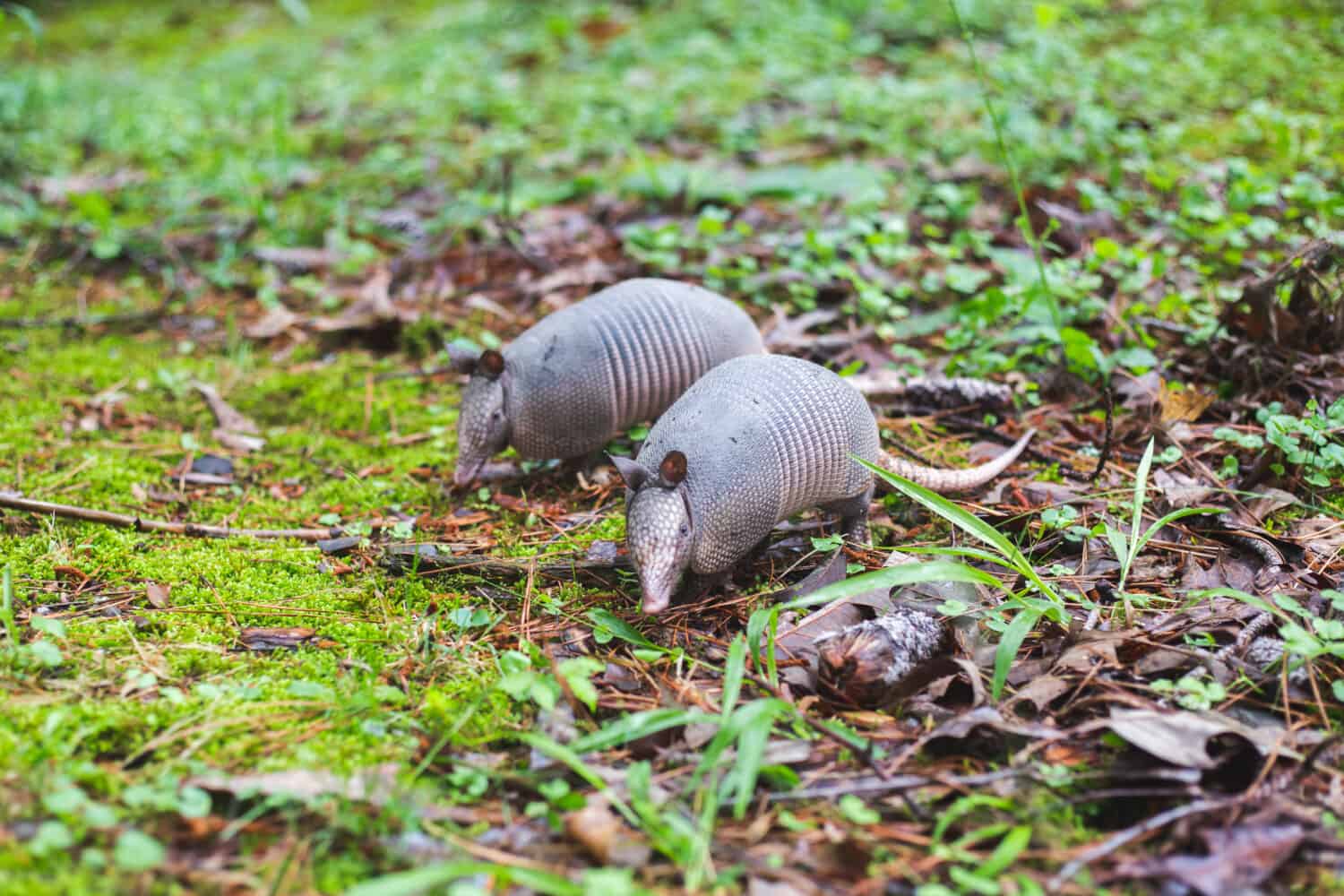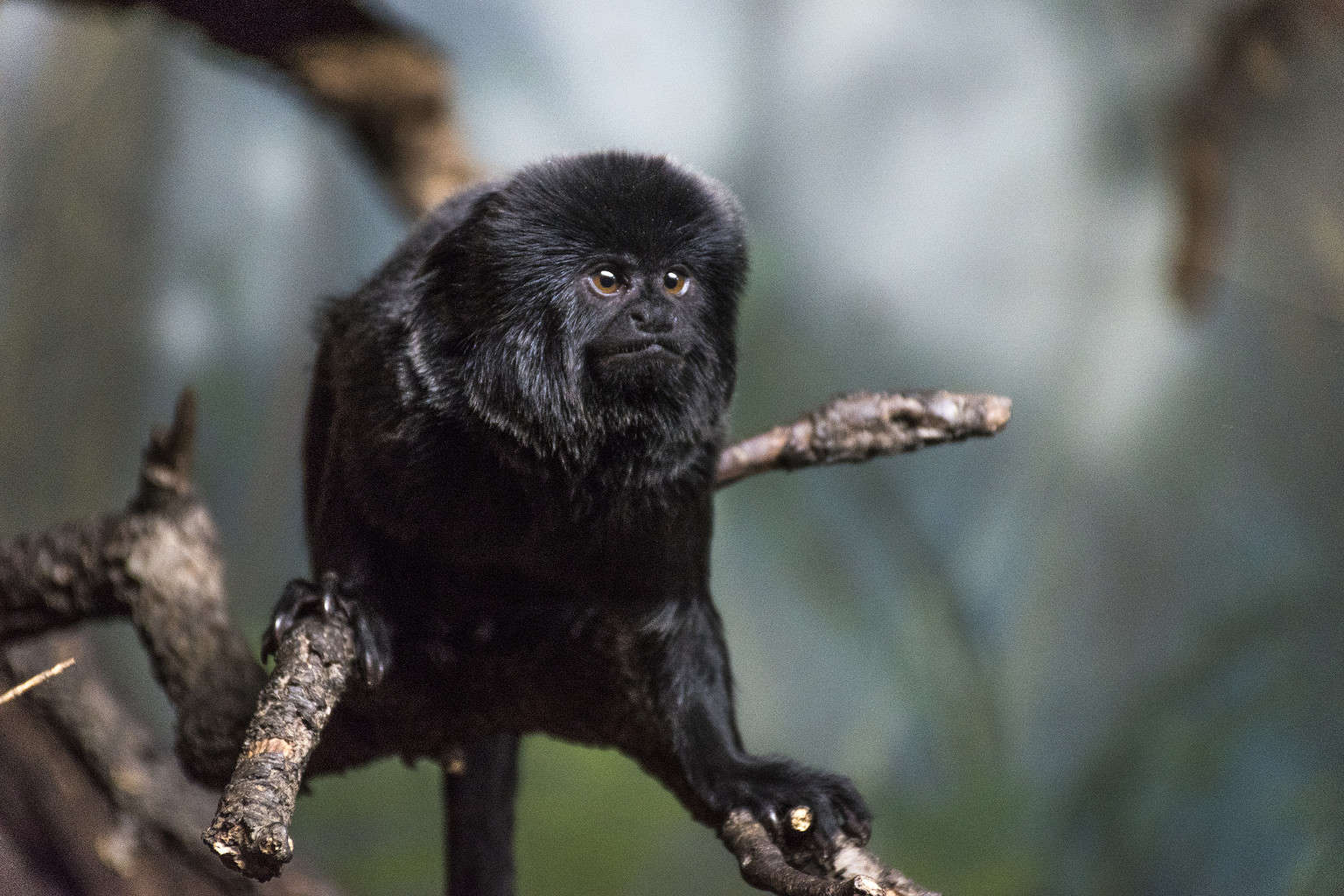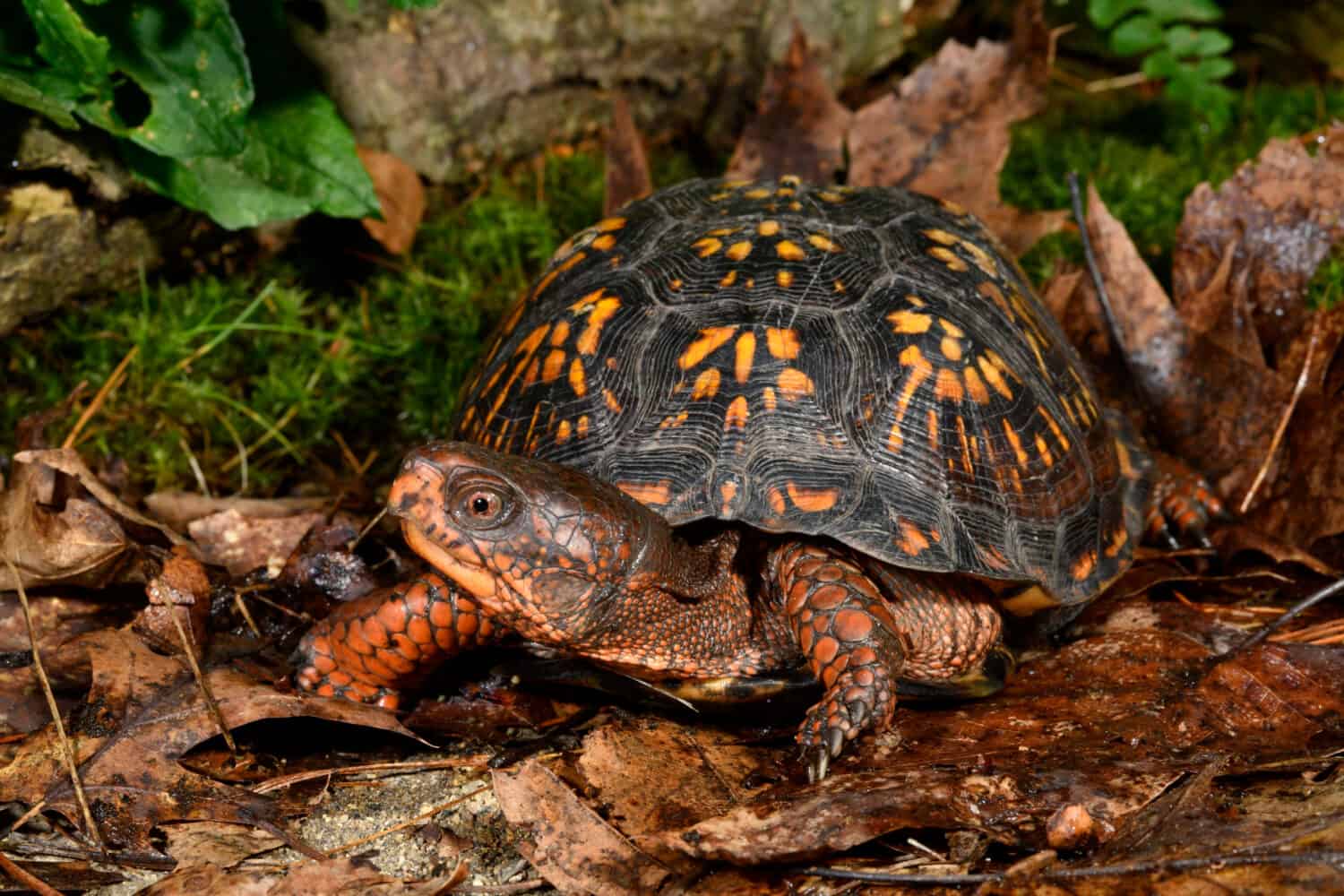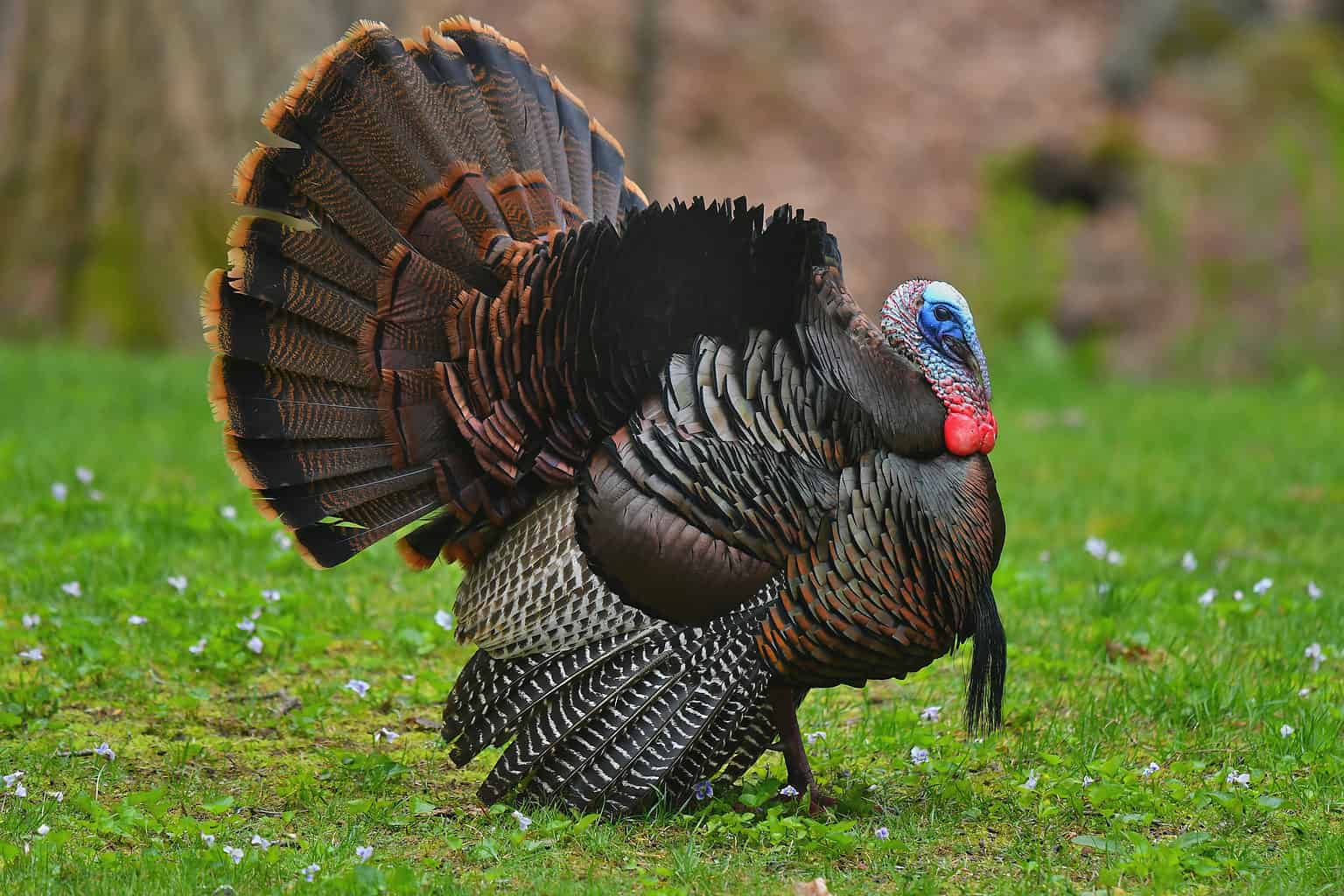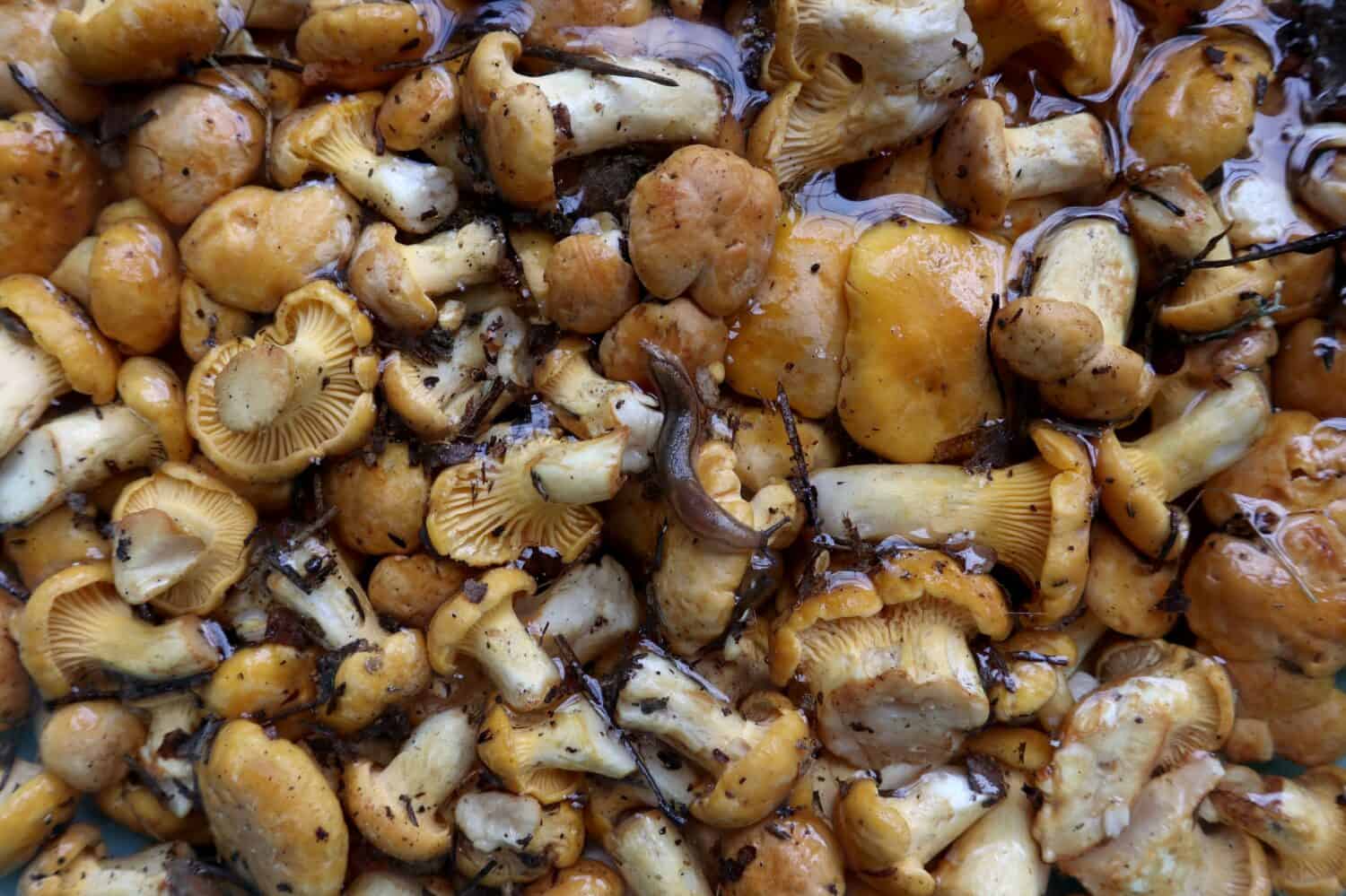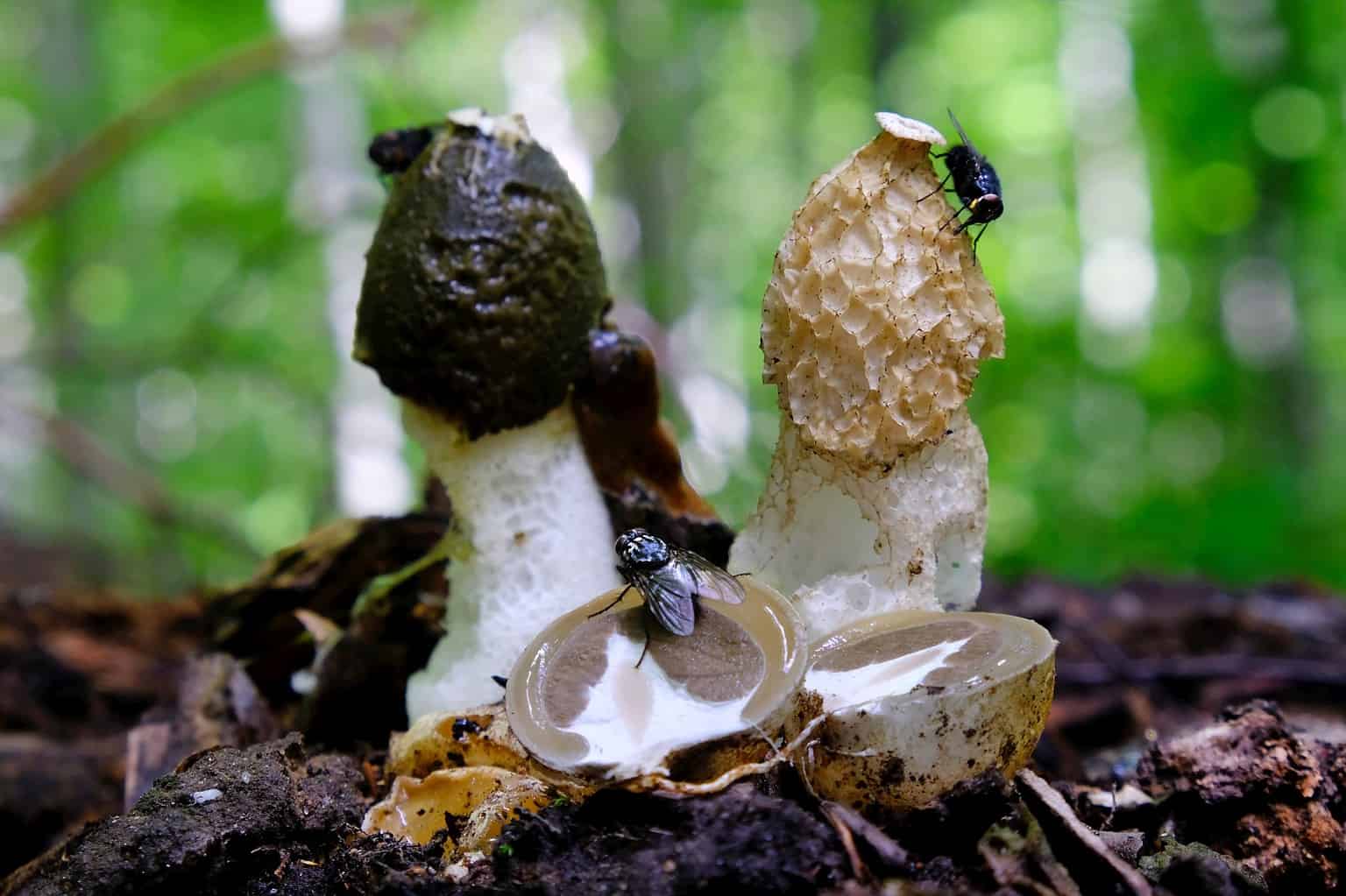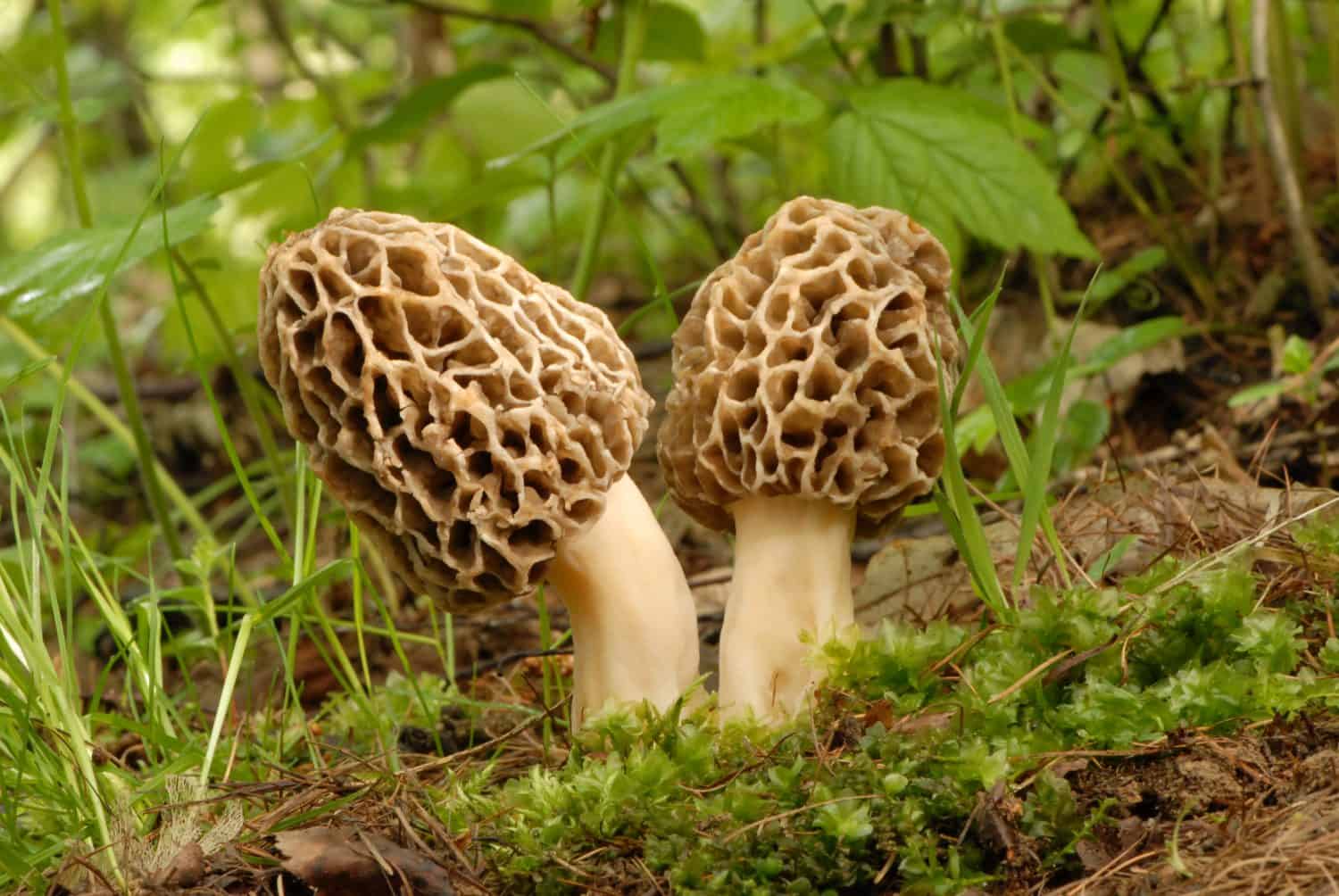Some animals absolutely love eating mushrooms in the wild. Some others eat mushrooms only occasionally, perhaps when they cannot find more desirable foods. Eating mushrooms can be a tricky business, as many varieties are toxic. But some animals can tolerate mushrooms, even some of the dangerous kinds, much better than humans. The U.S. Department of Agriculture offers the following warning. “Many species of mushrooms that are deadly to man are apparently harmless to wildlife. Animal use does not indicate edibility for humans.” To be clear, some mushrooms can prove deadly to both humans and animals. Please do not consume or feed your pets any mushrooms that you do not know for certain are safe. Now, let’s take a look at some of the animals that really love eating mushrooms.
Wild Boars
Wild boars dig up the ground looking for mushrooms and other foods.
©iStock.com/ViktorCap
People have long associated pigs with their amazing ability to sniff out truffles. But wild boars seem to enjoy eating many sorts of fungi. These animals root up the earth to find tasty mushrooms underground, on the ground, and even growing on trees.
Deer
Deer get vital nutrients, including phosphorus, from mushrooms.
©Herbie Pabst/Shutterstock.com
Some animals, like deer, love eating a wide variety of mushrooms. Deer consume mushrooms so readily that hunters can track them by the locations where they have feasted. Observers have noted that deer eat many mushrooms that humans can safely consume, but they also eat mushrooms that would prove toxic to people.
Bears
North American black bears consume more mushrooms than other species.
©Dolores M. Harvey/Shutterstock.com
Although mushrooms do not make up a huge percentage of a bear’s diet, most bears do eat them at least on occasion. The fruiting season of many varieties of mushrooms occurs in the late summer to fall. That happens to be when brown bears and black bears eat voraciously to fatten up for the winter. Other bears eat mushrooms, too. Even polar bears sometimes eat mushrooms that thrive in the moist tundra.
Squirrels
Some squirrels hang mushrooms to dry for future consumption.
©Wirestock Creators/Shutterstock.com
Squirrels have an interesting relationship with mushrooms. Some squirrels not only eat fresh mushrooms, they also hang them out to dry, then cache them away for future consumption. But even more amazing than that, researchers have observed squirrels eating potentially deadly mushrooms of the Amanita varieties without apparent harm. These squirrels seem to have special adaptations that allow them to safely eat fungi that other species cannot.
Small Rodents
Chipmunks and other small rodents help spread mushroom spores.
©Cindy Larson/Shutterstock.com
Small rodents such as mice, chipmunks, and voles are examples of tiny animals that love eating mushrooms. Researchers at the University of New Hampshire discovered that although these mammals do not eat mushrooms as a primary food source, they eat enough to make a significant impact on the forests where they live. When small rodents eat mushrooms, they help disperse their spores much further than the spores could travel on the wind.
Armadillos
Armadillos often dig up and eat mushrooms when searching for grubs.
©Brittany Cockrum/Shutterstock.com
Although armadillos usually eat insects and larvae, these enthusiastic diggers also eat other foods, including mushrooms and other underground fungi. However, mushrooms make up only a small percentage of an armadillo’s diet.
Primates
The Goeldi’s monkey spends much of its time eating mushrooms.
©Maria Teresa Tovar Romero/iStock via Getty Images
In addition to humans, several other primates are among the animals that eat mushrooms. Researchers have noted that such primates as gorillas and bonobos, as well as a variety of monkeys and lemurs eat mushrooms. Mushrooms comprise much of the diet of Goeldi’s monkeys.
Box Turtles
Not all turtles eat mushrooms, but box turtles love them.
©Breck P. Kent/Shutterstock.com
Box turtles and some other non-aquatic varieties regularly eat mushrooms. These turtles devour mushrooms that humans can eat as well as types that we would find toxic. In fact, box turtles can metabolize the toxins in mushrooms, causing their own flesh to become toxic to potential predators. Take care, though, not to feed pet turtles any mushrooms that could be unsafe.
Game Birds
Game birds, including wild turkeys, often eat mushrooms.
©iStock.com/Robert Winkler
Birds such as wild turkeys, grouse, and quail are among the animals that love eating mushrooms. Turkeys and grouse tend to dig at the ground vigorously, searching for insects and grubs. They readily eat mushrooms that they dig up, too. Quail cannot turn up the soil as well as the larger game birds, but they scavenge for mushrooms where other animals have dug.
Slugs
Slugs love eating mushrooms of many types.
©Nikvalmary/Shutterstock.com
If mushrooms play an essential role in breaking down decomposing plant matter, slugs play an equally important role in consuming mushrooms. Slugs love to feast on mushrooms, and they can safely consume many toxic species that other animals cannot. Slugs, therefore, likely play a vital role in the spore dispersal and the survival of many mushroom species.
Insects
Some mushrooms emit odors to attract flies and other insects.
©iwciagr/Shutterstock.com
Many insects and their larvae eat mushrooms, including various flies, beetles, moths, and more. Some mushrooms have amazing adaptations that attract insects. They may trick insects by emitting odors resembling rotting flesh. Some even glow in the dark, luring in nocturnal insects. Adaptations like these help mushrooms to spread their spores much farther than they could on their own.
Why Animals Love Eating Mushrooms
Besides being tasty, mushrooms provide several benefits to animals.
©Tomasz Czadowski/Shutterstock.com
Many animals love eating mushrooms. Mushrooms have a high water content and can be a good source of hydration for animals living in dry conditions. Mushrooms also provide a good source of protein, with some varieties having up to 30 percent protein content. Animals need vitamins and minerals in their diet that mushrooms can help provide. Mushrooms can be a good source of Vitamins B and C, as well as phosphorous, a necessary nutrient. Besides that, many animals seem to find mushrooms quite tasty. That is a good thing, because mushrooms provide an essential function in helping decompose plant matter, and they depend on the animals that eat them to facilitate their life cycle.
The photo featured at the top of this post is © iStock.com/ViktorCap
The information presented on or through the Website is made available solely for general informational purposes. We do not warrant the accuracy, completeness, or usefulness of this information. Any reliance you place on such information is strictly at your own risk. We disclaim all liability and responsibility arising from any reliance placed on such materials by you or any other visitor to the Website, or by anyone who may be informed of any of its contents. None of the statements or claims on the Website should be taken as medical advice, health advice, or as confirmation that a plant, fungus, or other item is safe for consumption or will provide any health benefits. Anyone considering the health benefits of particular plant, fungus, or other item should first consult with a doctor or other medical professional. The statements made within this Website have not been evaluated by the Food and Drug Administration. These statements are not intended to diagnose, treat, cure or prevent any disease.


